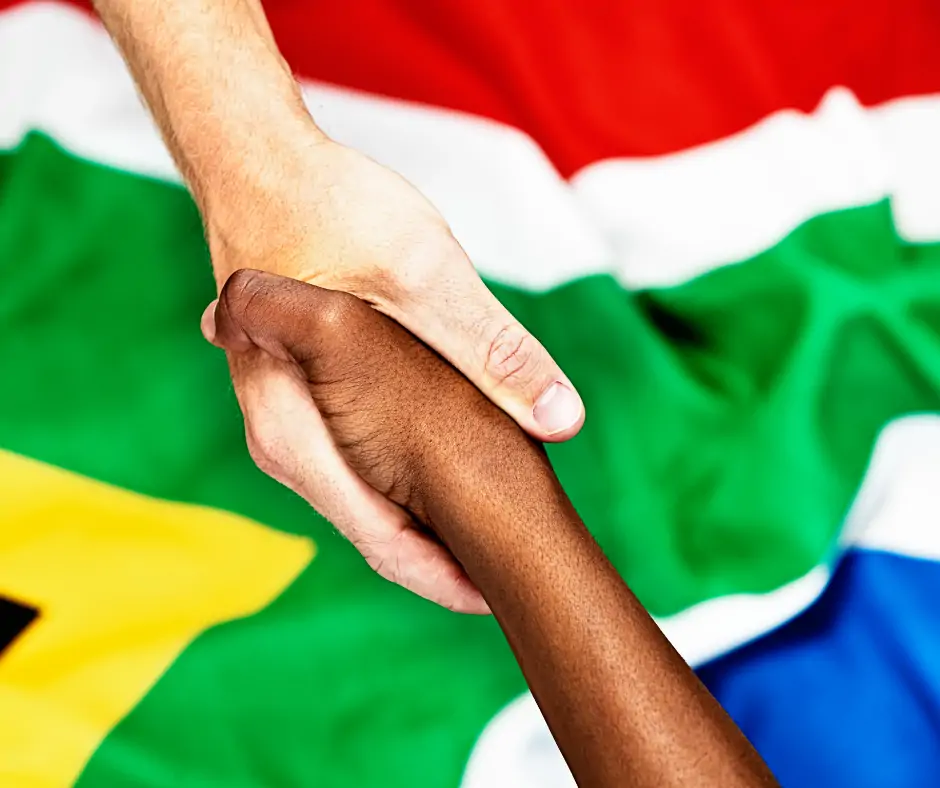
As South Africa marks another Human Rights Day, it’s a time for reflection on the journey towards justice and reconciliation in the aftermath of apartheid. However, amidst the commemorations, there remains a stark reminder of the unfinished business: the lack of justice for those who sacrificed their lives for the very rights we celebrate today.
Decades after the end of apartheid, many perpetrators of human rights violations during that dark chapter of our history have still not been brought to justice. Families continue to mourn loved ones lost to brutality and injustice, while perpetrators roam free, evading accountability for their heinous actions.
One of the most glaring examples of this failure of justice is the lack of prosecutions for apartheid-era crimes. Despite the Truth and Reconciliation Commission (TRC) recommending further investigations and prosecutions for numerous cases, successive governments have failed to take decisive action. This has left victims and their families feeling abandoned and betrayed by a system that promised accountability and closure.
Recent allegations of political interference further highlight the challenges facing efforts to hold perpetrators accountable. There are calls for an inquiry into these allegations, amid concerns that political interests may have obstructed prosecutions by the National Prosecuting Authority (NPA). Such interference undermines the very foundation of our democracy and jeopardizes the principles of justice and equality enshrined in our constitution.
The failure to prosecute apartheid-era crimes not only denies justice to victims and their families but also perpetuates a culture of impunity. It sends a message that those in positions of power are above the law and can escape consequences for their actions, no matter how egregious. This erodes trust in the legal system and undermines efforts to build a society based on the rule of law and respect for human rights.
Furthermore, the lack of accountability for past atrocities hampers efforts to heal the wounds of apartheid and move forward as a nation. True reconciliation can only be achieved through acknowledging the truth of our past and holding accountable those responsible for crimes against humanity. Without justice, there can be no closure, no healing, and no genuine reconciliation.
As we commemorate Human Rights Day, it is imperative that we recommit ourselves to the pursuit of justice for victims of apartheid-era crimes. This requires political will, institutional integrity, and unwavering dedication to upholding the principles of human rights and the rule of law. It also requires ensuring that the NPA is free from political interference and able to carry out its mandate without fear or favor.
The quest for justice is not only a moral imperative but also a legal obligation under international law. South Africa has ratified numerous international human rights treaties that require it to investigate, prosecute, and punish perpetrators of gross human rights violations. Failing to fulfill these obligations not only undermines our standing in the international community but also betrays the promises made to victims and survivors of apartheid.
In conclusion, as we reflect on the significance of Human Rights Day, let us remember that the struggle for justice is far from over. We owe it to the victims of apartheid and future generations to ensure that their sacrifices were not in vain. By holding perpetrators accountable for their crimes, we honor the memory of those who fought and died for freedom and justice. Only then can we truly say that we have lived up to the ideals of human rights and dignity for all.
This website uses cookies.